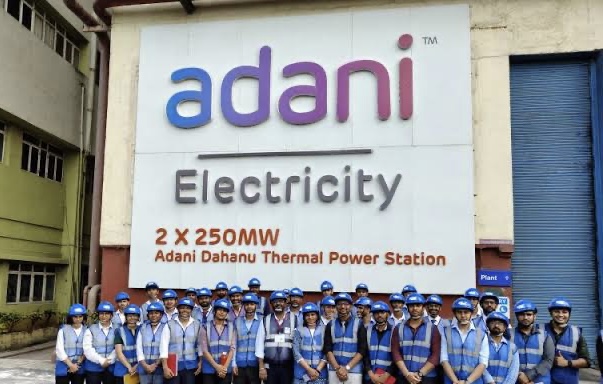KEY POINTS
- Bangladesh demands lower prices under the Adani power deal.
- High electricity costs have led to a significant government subsidy.
- Bangladesh is not reliant on Adani for its power needs.
Bangladesh is seeking to renegotiate its power purchase agreement with India’s Adani Group, requesting a sharp reduction in electricity prices unless a court investigation into the deal leads to its cancellation.
This comes as the country faces skyrocketing energy costs and the controversial backdrop of ongoing corruption allegations against Adani.
The High Court of Bangladesh recently called for a review of the deal, which was signed in 2017, amid calls for investigation into potential corruption.
The court appointed a committee of experts to examine the contract, particularly the terms under which Adani’s $2 billion coal-fired plant in eastern India supplies power to Bangladesh. The investigation is expected to conclude by February, and a ruling on the future of the contract will follow.
Court investigation could lead to renegotiation or cancelation
According to Bangladesh’s power and energy adviser, Muhammad Fouzul Kabir Khan, the government would like to see the contract renegotiated if anomalies are found. If evidence of corruption or other irregularities is uncovered, the deal could be cancelled.
“The investigation will determine whether the deal needs to be renegotiated or cancelled,” Khan said in an interview. “We are looking for fairness, and we expect that the review will address the issues that have been flagged.”
The power plant, which started supplying Bangladesh with energy last year, provides about 10 percent of the country’s total electricity consumption. However, the electricity supplied by Adani is significantly more expensive than the rates charged by other Indian power producers.
Bangladesh has been grappling with a growing energy subsidy bill due to the high rates paid to Adani, which stands at 14.02 taka per unit of electricity for the 2022-23 fiscal year. This is substantially higher than the average rate of 8.77 taka charged by other Indian producers.
Bangladesh faces power crisis amid high energy costs
The high cost of power has strained Bangladesh’s budget, with the government forced to subsidize energy prices to keep retail rates manageable.
According to Reuters, Khan noted that the government is struggling to keep prices below the national average retail rate of 8.95 taka per unit. This discrepancy has created a substantial financial burden on the public coffers, leading to a power subsidy bill of around 320 billion taka.
Despite the high prices, Bangladesh continues to import power from Adani, though the company recently halved its supply due to delayed payments.
This reduction in supply has not had a significant impact on the country’s power grid, according to Khan, who emphasized that Bangladesh has sufficient domestic power capacity to meet its needs.
“We are not dependent on Adani for power,” Khan stated. “When their supply was cut in half, there was no disruption. We have enough domestic generation capacity.”



